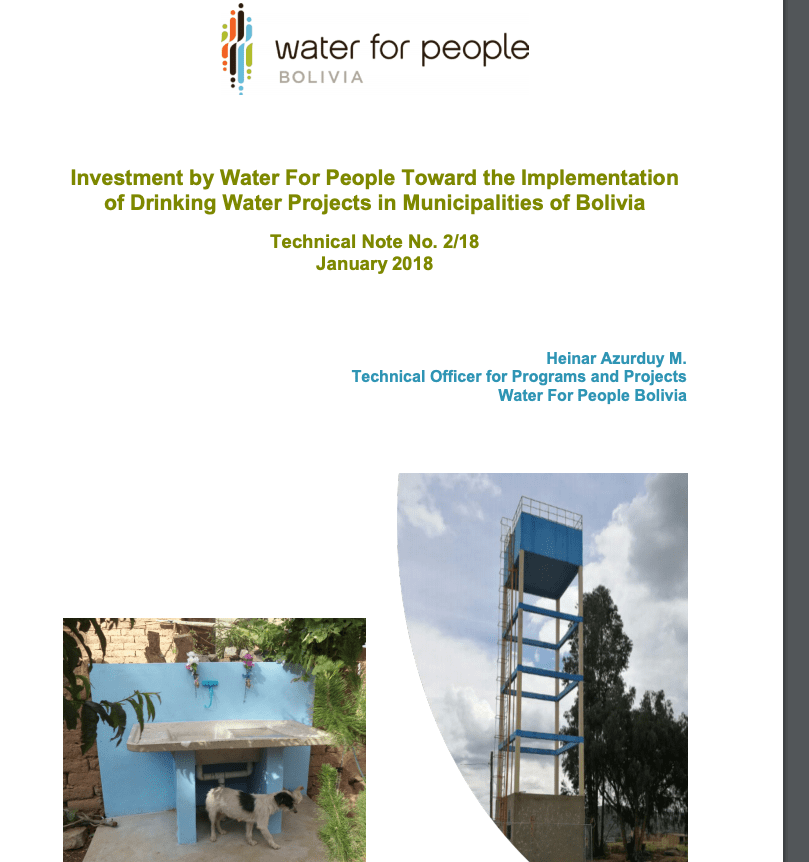Bolivia
Agenda for Change members working on systems approaches
Please note this is a summary of information. You can learn more on the Helvetas and Water For People websites.
Helvetas has worked in Bolivia for over 30 years in the departments of La Paz, Oruro, Potosí, Chuquisaca, Tarija, Cochabamba, Santa Cruz, Beni, and Pando. Helvetas’ work is focused on sustainable water management (especially in the context of climate variability), environmental management, integrated urban development, collaborating with governments to strengthen capacities, and risk management for the inclusive development of cities within the framework of adaptation to climate change and resilience.
Water For People is implementing the Everyone Forever model in 7 municipalities in the Cochabamba department. At the invitation of the government, they are also acting as technical advisors to scale the model in the departments of Tarija, Oruro, and across Cochabamba in 10 additional districts.
Systems strengthening activities
In close collaboration with the Bolivian Environment and Water Resources Ministry, Helvetas is supporting municipal authorities in their efforts to ensure efficient and sustainable wastewater treatment and solid waste management services in 11 small and medium-sized municipalities, including the country’s capital, Sucre. Likewise, it is supporting the development of public policy for integrated water management with a participatory approach through the National Watershed Plan.
Water For People and the Instituto de Capacitación para el Desarrollo (INCADE), a Bolivian development organization, began working on water supply projects in the district of San Pedro in the Department of Santa Cruz in 2006. In 2008, the municipality established a framework for an entity to manage all WASH work, and by 2011, the municipal WASH office was fully functional and funded from the municipal budget. In 2012, Water For People began implementing the Everyone Forever model, and by 2018, the municipal WASH office was positioned to fully manage, maintain, and monitor access to comprehensive WASH services throughout San Pedro. Today, Water For People is preparing to exit San Pedro, having established a high level of sustainability in the entire service delivery system.
Water For People Bolivia is a permanent member of the WASH Bolivia Sectorial Table. In alliance with other international cooperation institutions, it contributes to strengthening the governance of the sector exercised by the Ministry of Environment and Water (MAyA) with the purpose of advancing the application of the Human Right to Water and Sanitation (DHAS) and compliance with Sustainable Development Goal 6 indicators. As a member, they have shared their experiences and tools to be considered as the basis for the issuance of the Human Right to Water and Sanitation Policy (DHAS) and the National Rural Water and Sanitation Strategy (ENRAS). The preparation of the National Sectoral Policy to institutionalize the municipal sectoral body is currently in the final phase.
Other partners
Entities of the Central Government
National government, Ministry of Environment and Water (MAyA)
Local Governments
Departmental and municipal governments
All others
Instituto de Capacitación para el Desarrollo (INCADE), SOCODEVI, Aguatuya Foundation, WASH Bolivia Sectorial Table
Accomplishments
- Through Helvetas’ work in integrated water management, 18,500 families were directly served by co-financing of 34 projects across 35 municipalities, benefiting 378,000 families in total, of which 8,200 have improved their access to and availability of water. A model for water resources management was consolidated at the local level within the framework of the National Watershed Plan with the development of two Watershed Master Plans.
- Helvetas has contributed to over 147,000 people living in less polluted environments with a positive impact on their health, due to better sanitation conditions and waste management. Further, 54% of the benefited population applies behaviors that contribute to social co-responsibility in environmental management (separation of garbage at source, composting, proper use of the sewage system).
- In 2018, Water For People proved that Everyone Forever is possible by achieving all Everyone and Forever milestones for the first time ever in San Pedro, Bolivia. Water For People is actively working to ensure that service levels and sustainability indicators show that the Municipal WASH Office has the capacity to sustain high-quality WASH services over the coming years and for generations to come.
- Also in 2018, Water For People Bolivia contributed to the national regulatory framework in the design of the Human Right to Water and Sanitation Policy (DHAS), the National Rural Water and Sanitation Strategy (ENRAS), and the National Regulation for Community Development. Additionally, Water For People was recognized by UN Bolivia for their contribution and actions towards achieving SDG 6.
- Partnerships with, and strengthening of, local governments in San Pedro and other areas have been key in laying the foundations for the sustainability of water and sanitation services.
- The installation of water meters in community water projects is a huge success as it allows each family and water committee director to implement the statutes and regulations and to charge for water service. Also, it helps to facilitate the operation and maintenance of water projects, such as the replacement of important water system components.
Challenges
- Ultimately, the government must lead monitoring efforts and external actors must accept the government data.
- Maintaining the vision and political will of municipal authorities. Elections and personnel changes can also destabilize the financial resources and technical strength of WASH offices.
- Committing to systems strengthening and transitioning away from project-based funding. This involves an increased focus on outcomes (like district-wide service levels) instead of traditional outputs (such as people reached with the new infrastructure), as well as adjustments to planning processes to better align with the planning cycles of the local government.
- Working with authorities at different levels of government to prioritize and assign the necessary resources to improve water and sanitation management. Mainly, the problem of environmental contamination by sewage and solid waste poses a high risk to public health that may be aggravated in the context of the COVID-19 pandemic.
- Due to the economic crisis, the central government often reduces and/or reallocates resources, negatively affecting the WASH sector.
How strong are the systems?
To determine how well systems are working, we rely on data derived from Building Blocks, which are manageable ‘sub-systems’ that can be supported and strengthened. Certain building blocks may be more strongly developed or applied at district or national level. Interactions between building blocks are essential.
National level
Building Block
Water
Sanitation
Hygiene
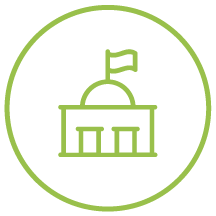
Institutional Arrangements & Coordination
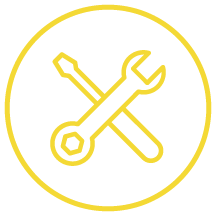
Service Delivery Infrastructure
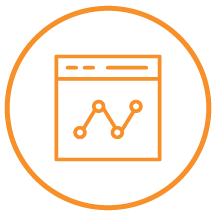
Monitoring

Planning
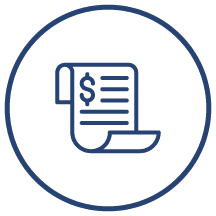
Finance
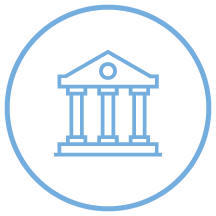
Regulation & Accountability
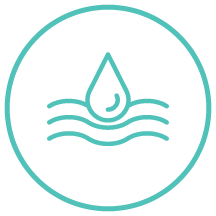
Water Resource Management
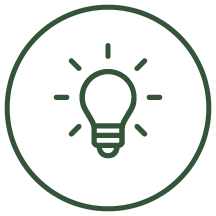
Learning & Adaptation
Resources
Systems Library
Please note this is a summary of available resources. You can learn more on the Helvetas and Water For People websites.
National
Local
National


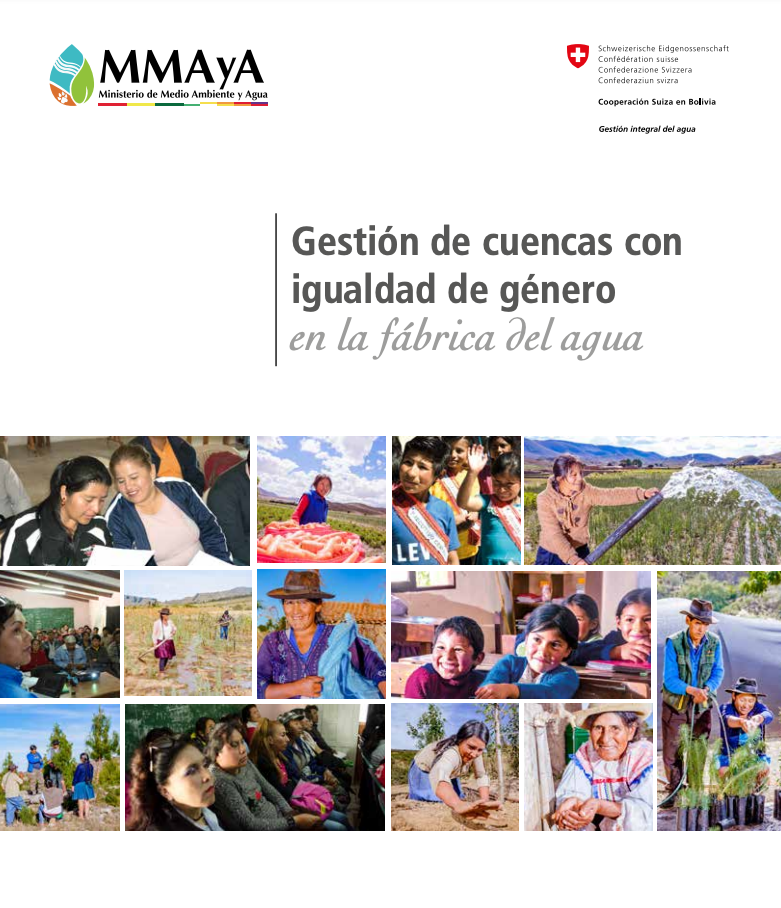
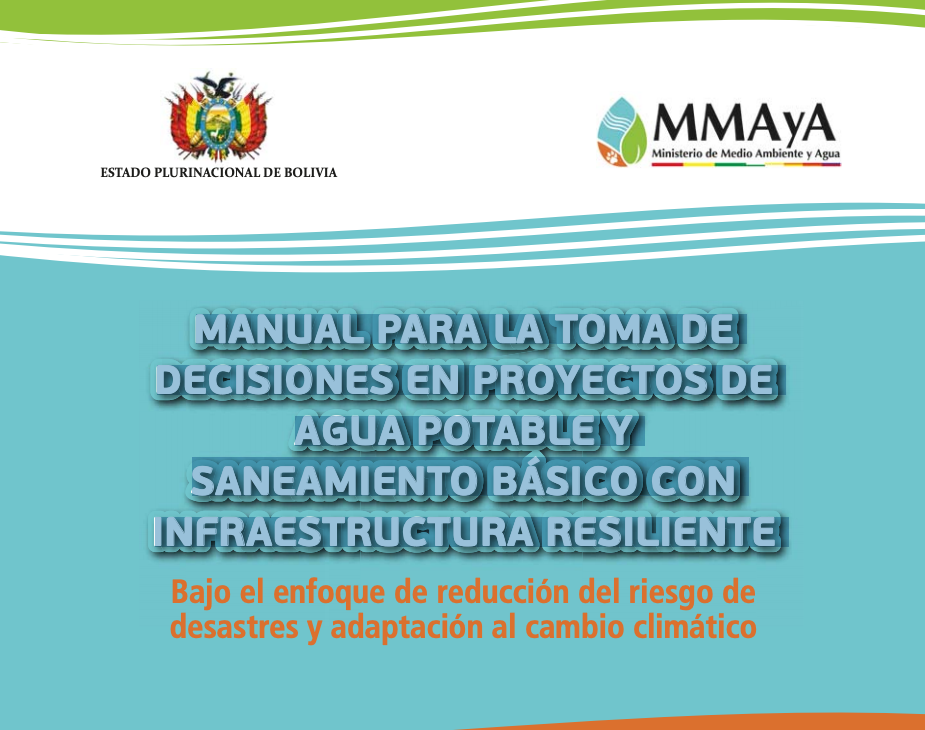
PDF Download
Manual para la toma de decisiones en proyectos de agua potable y saneamiento básico con infraestructura resiliente

Local



